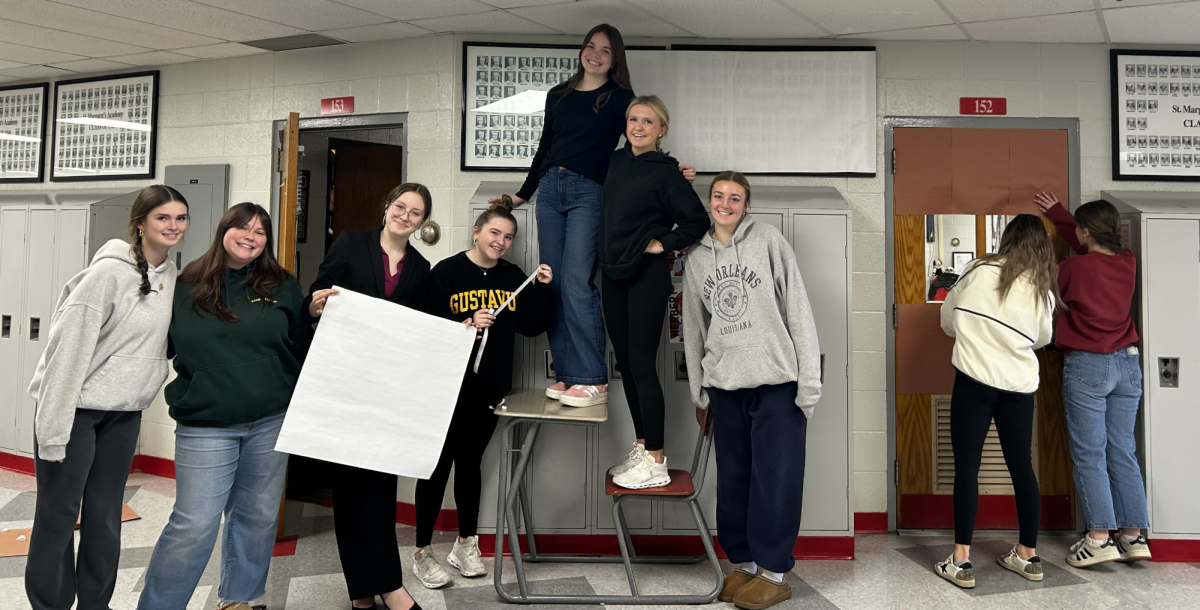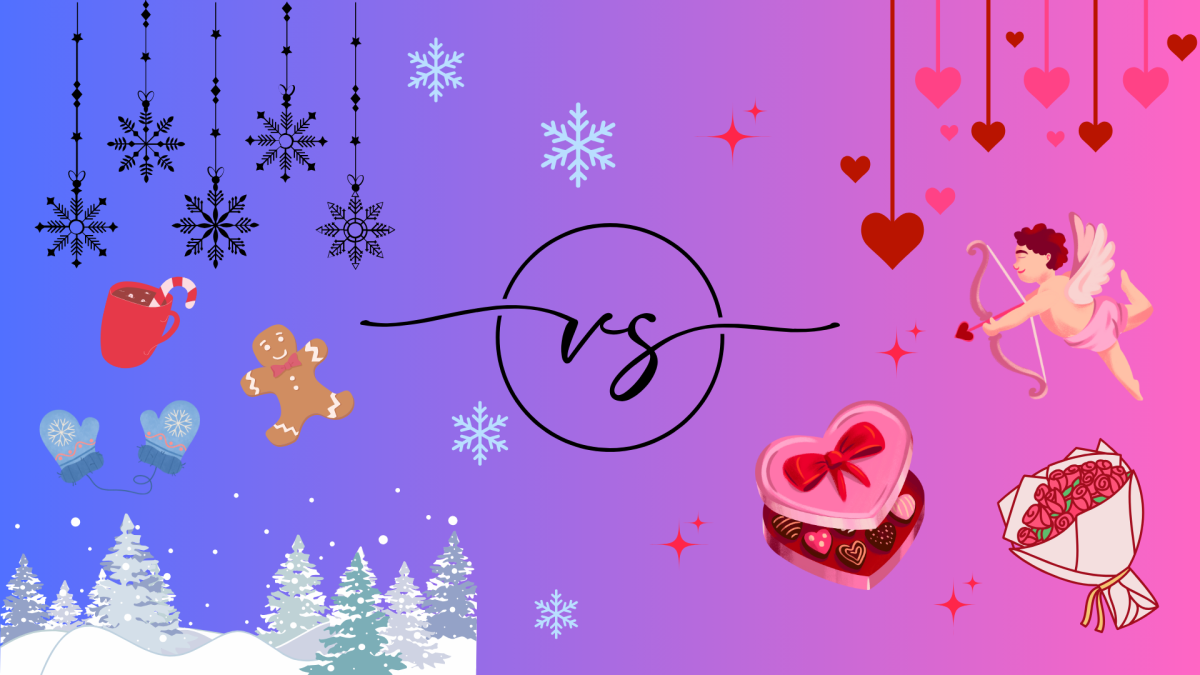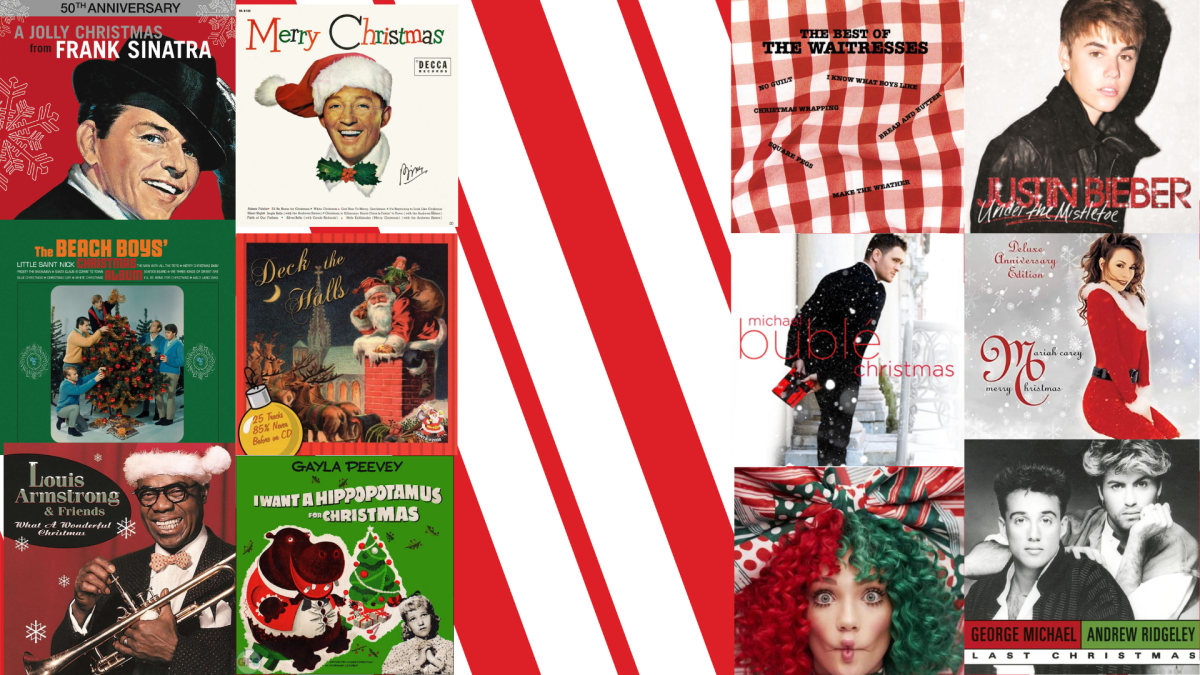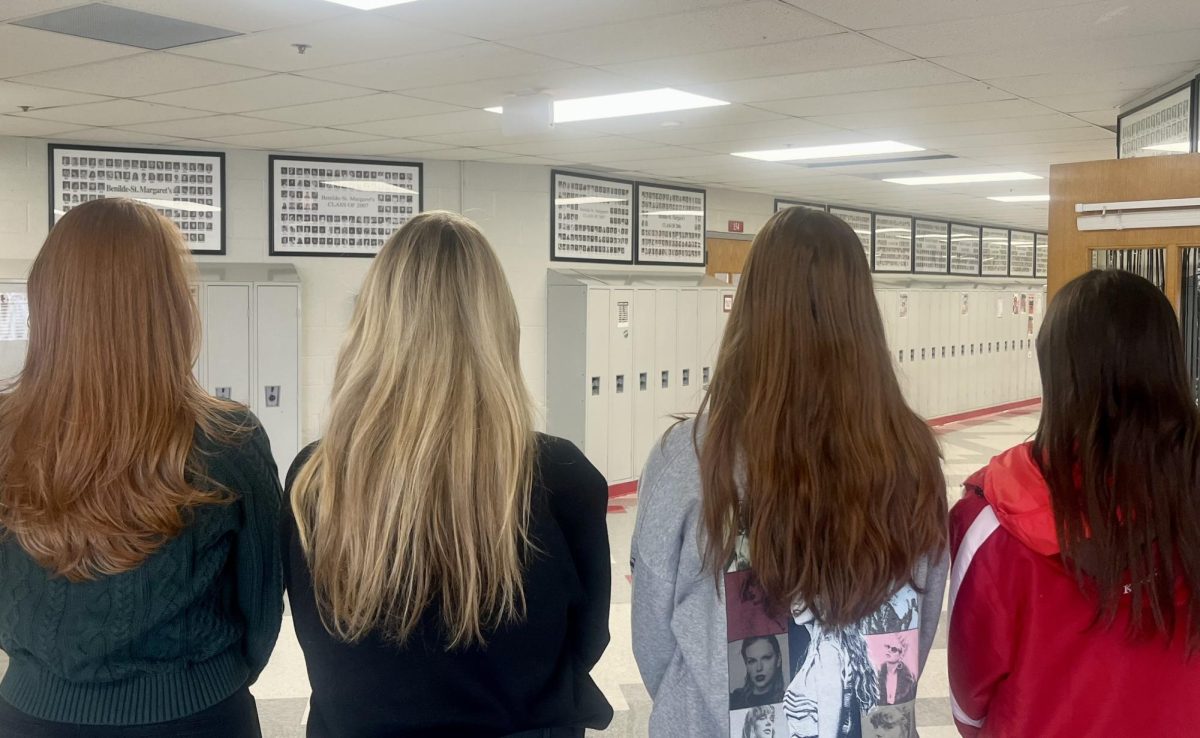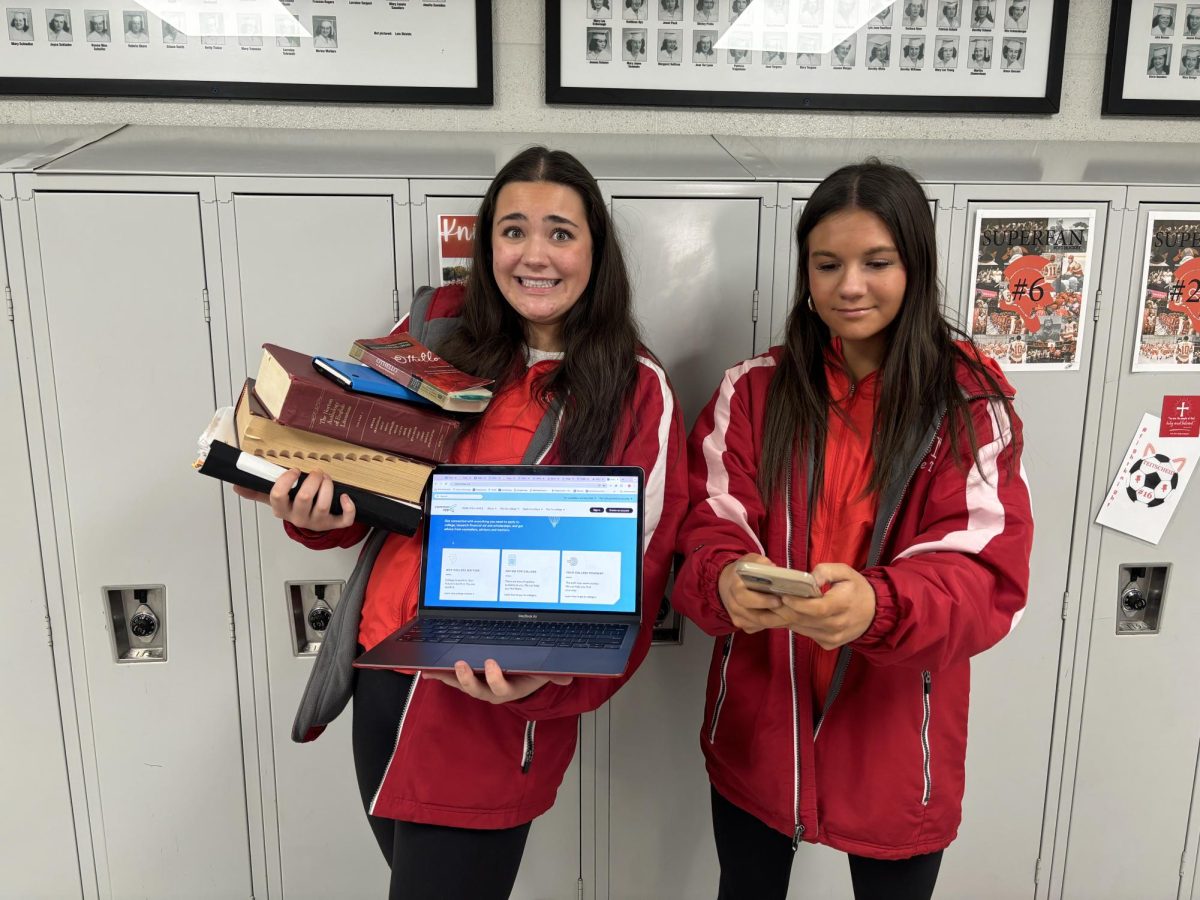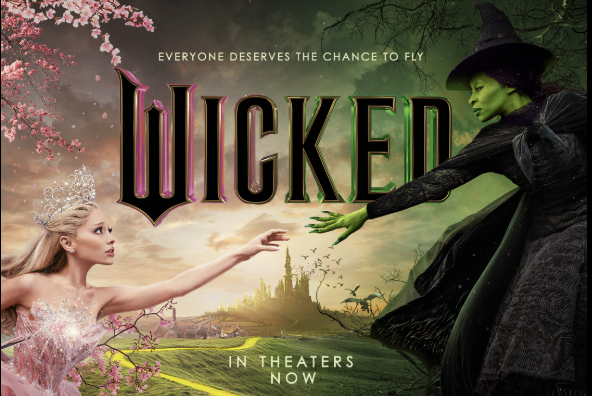I find it disappointing that the majority of the English curriculum is still focused on classics ranging from Ancient Greece to the early 1900s. High schools, BSM included, should realize that clever and complex modern literature is going unrecognized in the typical English curriculum.
Yes, there are some modern novels that have been introduced into the program of study, for instance, the graphic novels “Maus I” and “Maus II” by Art Spiegelman are part of the English 10 curriculum. Also, “Ella Minnow Pea” and “The Curious Incident of the Dog in the Night-Time” have both recently been included in the Honors English 9 syllabus.
In fact, these two novels read in ninth grade definitely rank up there as two of my favorites I read in 9th grade Honors English. They were a breath of fresh air from Shakespearean tragedies and 18th century love stories.
I find it easier to be interested in a novel or play when it is dealing with something that I can relate to. The appeal of more contemporary texts can be attributed to the fact that they harbor more contemporary themes and conflicts: culture clash in American society, friendships that defy social classes in war-torn Afghanistan, dealing with loss from 9/11, or a father and son trying to survive after the nuclear war apocalypse.
Not only have themes, plots, and culture changed but so has the writing style of most current authors. Language and grammar have developed over the years, new words have been added to the dictionary, and we don’t speak as formally as we used to.
By modern literature, I don’t mean best-selling fantasy series like “Harry Potter” or “Twilight.”
However, I’m pretty sure that my 9th grade English class questioned Mrs. Brew as to why we couldn’t include “Harry Potter” in the curriculum.
Aside from Harry Potter, there is other 21st century literature that is not only thought-provoking and interesting, but embodies many of the themes and big ideas that one would come across in a typical English class. For example, “The Kite Runner” by Khaled Hosseini, “The Road” by Cormac McCarthy, “Never Let Me Go” by Kazuo Ishiguro, or “The Art of Racing in the Rain” by Garth Stein.
To my disappointment, high schools keep reverting back to the same classics year after year. This typical curriculum can get boring and difficult to comprehend. I love Shakespeare, but when I first picked up “Romeo and Juliet,” I didn’t understand half of the things that were being said. Jane Austen can be great, and I’m a sucker for a good love story, but I could care less about the satirical account of English society in the 1800s.
I want to read modern day satires. I want fantastical fantasies that teach me about courage and friendship. I want a new intellectual love story that doesn’t require a Mr. Darcy. I want to analyze the dialogue and descriptions of the books I saw in the window of The Bookcase just last month. I love the classics, but I know that there are new classics just waiting to be studied.








